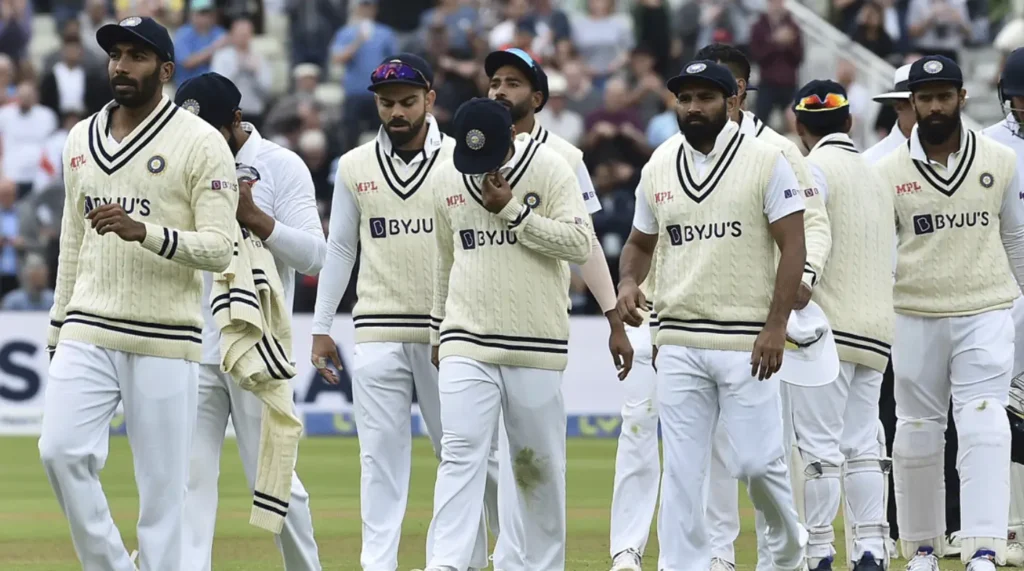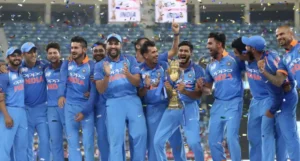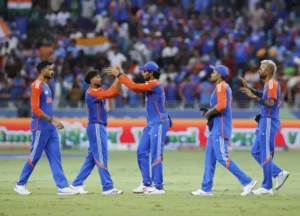BCCI Enforces Strict Rules for Cricketer’s Families After Back-to-Back Series Defeats
After the poor form and recent challenges in international cricket for Team India, including a disappointing 3-1 series loss to Australia in the Border-Gavaskar Trophy, the BCCI has implemented new guidelines. These include restricting family stays during tours to two weeks and requiring players to travel together on the team bus. The measures are designed to enhance focus, discipline, and unity within the squad.

The last few months have been completely poor for the Indian team, as they have faced consecutive losses in series, including a 3-1 defeat against Australia in the Border-Gavaskar Trophy. This performance has led the Board of Control for Cricket in India (BCCI) to implement strict new guidelines aimed at enhancing the team’s focus, discipline, and unity. A review meeting with key officials, including captain Rohit Sharma, head coach Gautam Gambhir, and selector Ajit Agarkar, highlighted the need for a cultural shift within the team.
The new guidelines are as follows:
- Limited Family Stays During Tours: Players’ family members will be allowed to stay for a maximum of two weeks during a 45-day tour. This aims to keep players focused on their performance.
- Mandatory Team Bus Travel: Players will no longer be allowed to travel separately. They must travel exclusively with the team on official buses to foster unity and minimize distractions.
🚨 NEW GUIDELINES FROM BCCI. 🚨
— Mufaddal Vohra (@mufaddal_vohra) January 14, 2025
– Cricketers' wives will not be able to stay for the entire tour.
– A cricketer's family can stay for a maximum of 2 weeks during a 45 day tour.
– Every player needs to travel by team bus, separate travelling not allowed. (Abhishek Tripathi). pic.twitter.com/ysCyHRguCO
Furthermore, Key issues identified in the series were a lack of consistency from the batting lineup, and over-reliance on Jasprit Bumrah, who was the standout bowler with 32 wickets, the highest in the tournament. As a response, the BCCI has introduced new rules to address these concerns.






Comments